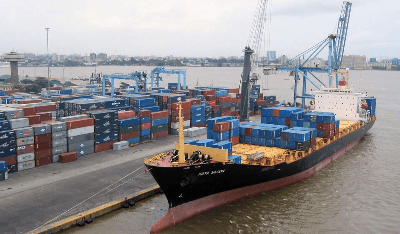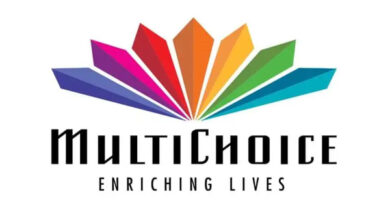Unilever Nigeria Reports N3.7 Billion Loss, Sparking Economic Concerns
Unilever Nigeria Plc, a subsidiary of the global consumer goods giant Unilever, has disclosed a substantial loss of N3.7 billion for the fiscal year ending December 31, 2023. This notable decline, compared to the preceding year’s N1.49 billion loss, has reverberated across the Nigerian business community, raising apprehensions about the overall economic landscape.
Factors Contributing to the Loss:
Several factors have contributed to Unilever Nigeria’s significant loss:
1. **Discontinued Operations:** The decision to exit the home care and skin cleansing markets, including popular brands like Omo, Sunlight, and Lux, resulted in a N3.73 billion loss from discontinued operations.
2. **Economic Challenges:** The ongoing economic turbulence in Nigeria, marked by inflation, currency depreciation, and foreign exchange scarcity, has undeniably impacted consumer spending and overall profitability.
3. **Increased Production Costs:** Escalating costs of raw materials and production inputs further squeezed Unilever Nigeria’s profit margins.
4. **Competitive Landscape:** Intense competition from both local and international players in the fast-moving consumer goods (FMCG) sector also played a role.
Impact on the Nigerian Economy:
Unilever Nigeria’s substantial loss raises concerns for the Nigerian economy, given its prominent role in the FMCG sector. As a major employer and contributor to the country’s GDP, the company’s challenges underscore broader economic issues, including:
1. **Weak Consumer Demand:** Declining disposable incomes due to inflation are affecting consumer spending, especially in the FMCG sector.
2. **Unstable Macroeconomic Environment:** The volatile currency, high inflation, and unpredictable economic policies contribute to business uncertainty and hinder investment.
3. **Logistical Bottlenecks:** Infrastructure challenges and port inefficiencies elevate production and distribution costs for businesses.
Unilever’s Future Strategies in Nigeria:
Despite ongoing challenges, Unilever remains committed to the Nigerian market. The company is focusing on its remaining categories, which include foods, beauty and wellbeing, and personal care products. Strategies to navigate the changing economic landscape include:
1. **Cost Optimization:** Streamlining operations and reducing production costs to enhance profitability.
2. **Innovation:** Introducing new products and brands tailored to evolving consumer preferences.
3. **Distribution Channel Expansion:** Reaching consumers through alternative channels like e-commerce to overcome logistical bottlenecks.
The Road Ahead:
Unilever Nigeria’s loss serves as a wake-up call, prompting both the company and the Nigerian government to adapt and innovate. While the company navigates economic challenges, the government must address fundamental issues such as macroeconomic stability and infrastructure development to create a more supportive business environment.
The success of Unilever Nigeria in overcoming these challenges is not only pivotal for the company’s future but also indicative of the broader health of the Nigerian economy in the years to come.
Additional Insights:
– The company’s revenue declined from N64.6 billion in 2022 to N60.9 billion in 2023.
– Despite the loss, Unilever Nigeria’s profit from continuing operations increased by 91% to N8.5 billion.
– The company is leasing out the factory previously used for its home care and skin cleansing products to a third party.








